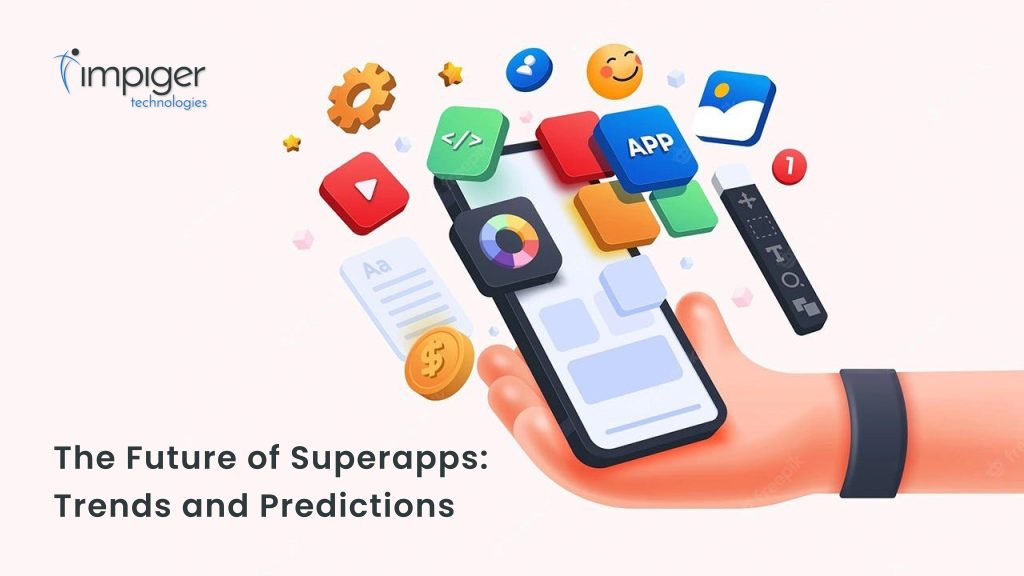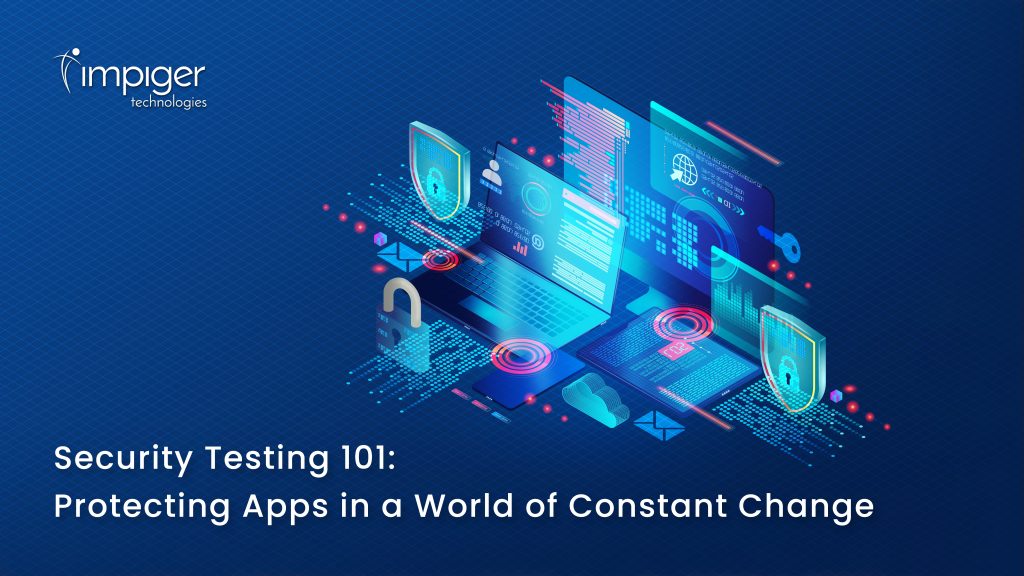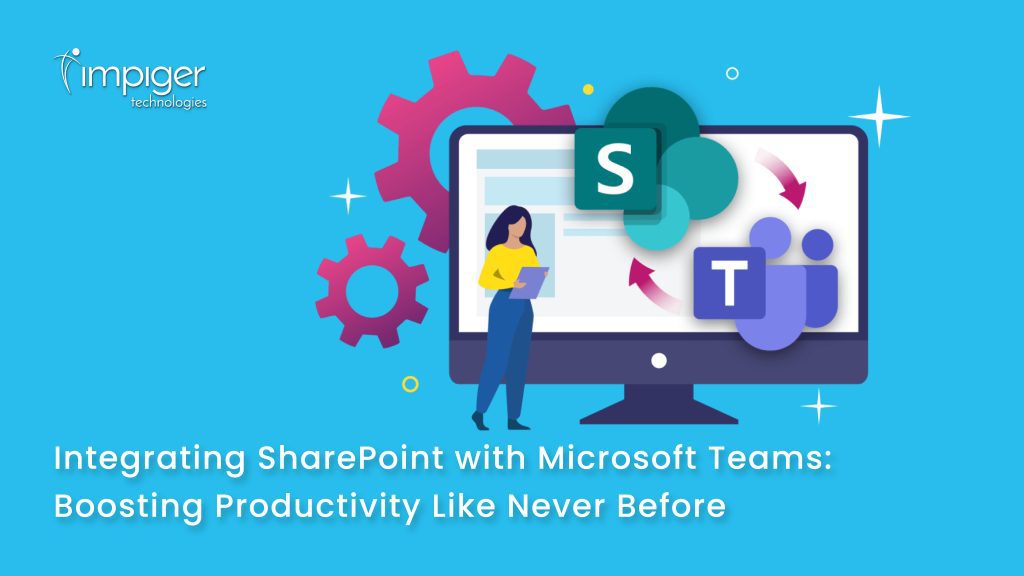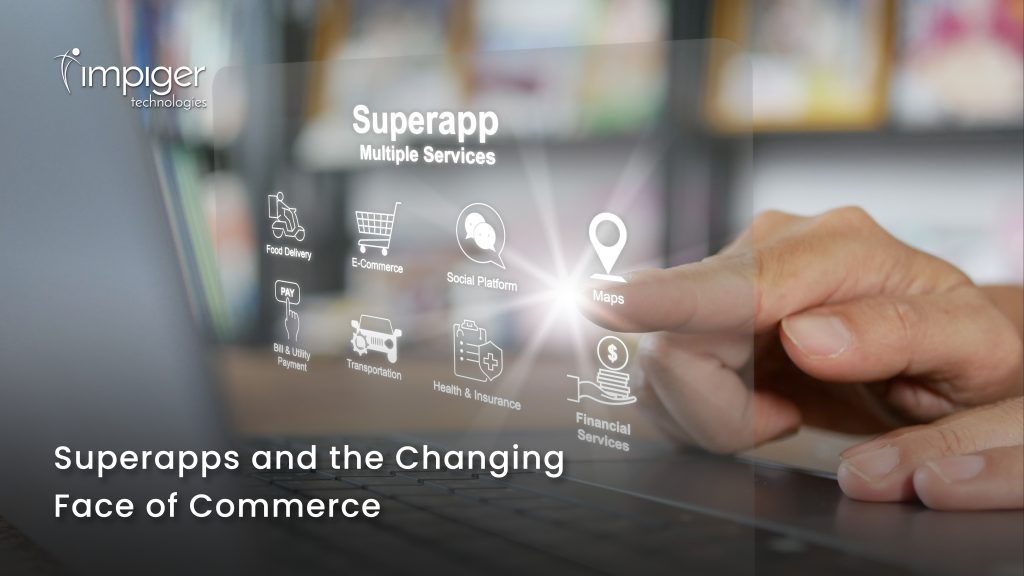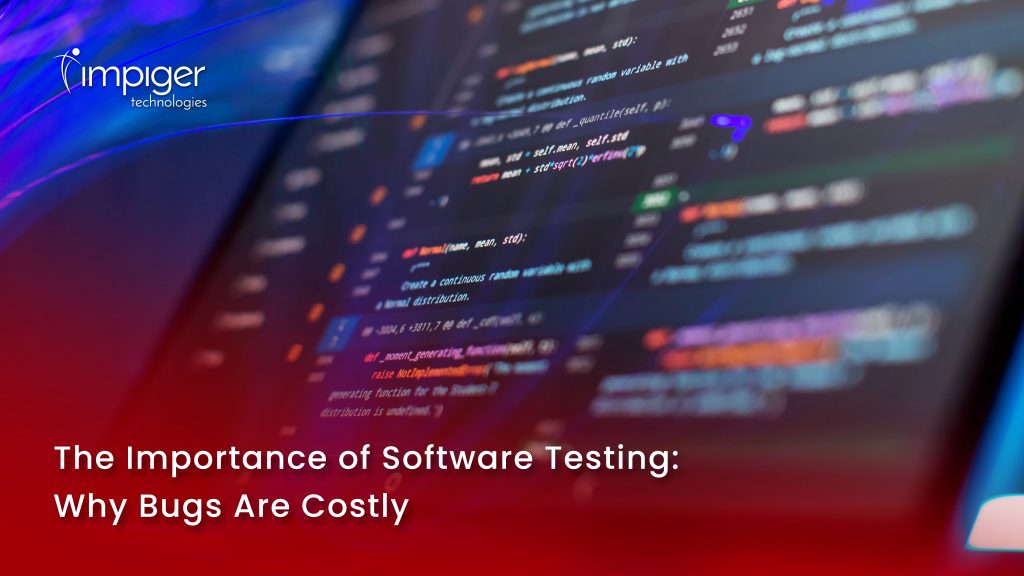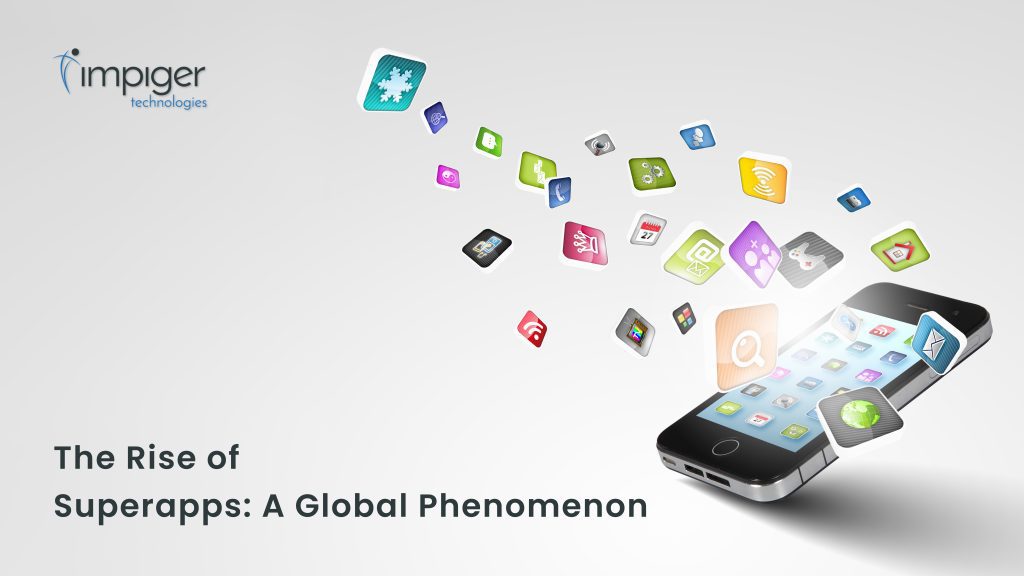In the ever-evolving sales landscape, staying ahead of the curve is essential for businesses aiming to thrive in a competitive marketplace. The concept of Sales 360 has become a cornerstone for success, encompassing a holistic approach to customer engagement and relationship management. In this blog, we’ll explore the emerging trends and innovative technologies that are reshaping the Sales 360 landscape, propelling businesses into the future.
Artificial Intelligence (AI) and Machine Learning (ML):
- Predictive Analytics: AI and ML algorithms are now being harnessed for predictive analytics, enabling sales teams to anticipate customer needs and behavior. This foresight empowers businesses to tailor their strategies and offerings, increasing the likelihood of successful sales.
Chatbots and Virtual Assistants: AI-driven chatbots and virtual assistants are transforming customer interactions. These tools offer instant responses, personalized recommendations, and streamlined communication, enhancing the overall customer experience and expediting the sales process.
Data-Driven Decision-Making:
- Big Data Integration: Sales 360 is increasingly reliant on big data analytics to derive meaningful insights. Integrating vast datasets allows businesses to identify patterns, trends, and customer preferences, leading to more informed decision-making.
- Customer Data Platforms (CDPs): CDPs are emerging as central hubs for organizing and unifying customer data from various touchpoints. This integration provides a comprehensive view of customer interactions, enabling sales teams to create targeted and personalized campaigns.
Augmented Reality (AR) and Virtual Reality (VR):
- Immersive Product Experiences: AR and VR technologies are revolutionizing product demonstrations and customer experiences. Sales teams can now showcase products in a virtual environment, allowing customers to explore and interact with offerings before purchasing.
Virtual Showrooms: In the era of remote work and online shopping, virtual showrooms powered by AR and VR are becoming popular. These immersive experiences enable customers to virtually “walk through” a showroom, enhancing the online shopping experience.


Blockchain Technology:
- Enhanced Security: Blockchain is not only transforming financial transactions but also reinforcing security in sales processes. By providing a decentralized and tamper-resistant ledger, blockchain ensures the integrity and transparency of transactions, instilling trust among customers.
Smart Contracts: Sales 360 is benefiting from smart contracts, self-executing contracts with the terms of the agreement directly written into code. This automation streamlines contract management and reduces the risk of errors or disputes.
Final Thoughts
As we navigate the dynamic landscape of Sales 360, it’s evident that emerging trends and innovative technologies are shaping the future of sales. Businesses that embrace artificial intelligence, data-driven insights, augmented reality, virtual reality, and blockchain will not only stay competitive but also redefine the customer experience. The evolution of Sales 360 is a testament to the ongoing commitment to understanding and meeting the ever-changing needs of customers in a technologically advanced era.
Blog Reviewed by Kumaresan Selvaraj


